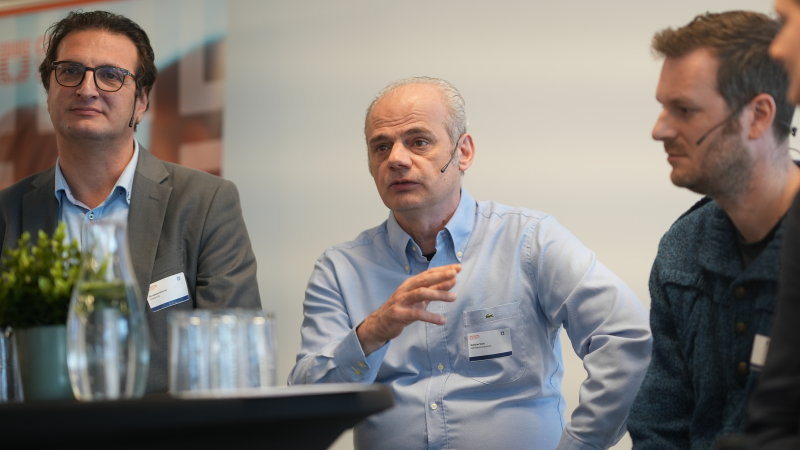Your cart is currently empty!
TUE researchers to combine brain cells and microchips
Researchers from Eindhoven University of Technology want to build a device where brain cells work together with silicon microchips. The Bayesbrain project, funded by EAISI, aims to create the world’s first brain-on-chip computer to solve real-world problems in real-time, using limited amounts of energy. The scientists, led by Regina Luttge and Bert de Vries, believe that, in the future, such a hybrid device could enhance ultra-low-power wearables, IoT devices or controllers with AI technology.
Besides being the most intelligent computing system ever, the brain is also very energy efficient. It uses orders of magnitude less energy than traditional computers, making it attractive for future sustainable computing hardware. At TUE’s Mechanical Engineering department, Luttge works on growing brain cells in electronic devices. De Vries is a researcher at the Electrical Engineering department, focusing on computational neuroscience, signal processing and machine learning. In Bayesbrain, they’ve joined forces to combine the power of the brain with that of the microprocessor.
“The inescapable truth is that our modern computers consume too much power, but brain cells use orders of magnitude less power,” comments Luttge. De Vries adds, “We can’t achieve the same orders of magnitude change with current computers. To attain this, we need a paradigm switch, and hybrid computing involving brain cells could be the answer.”


